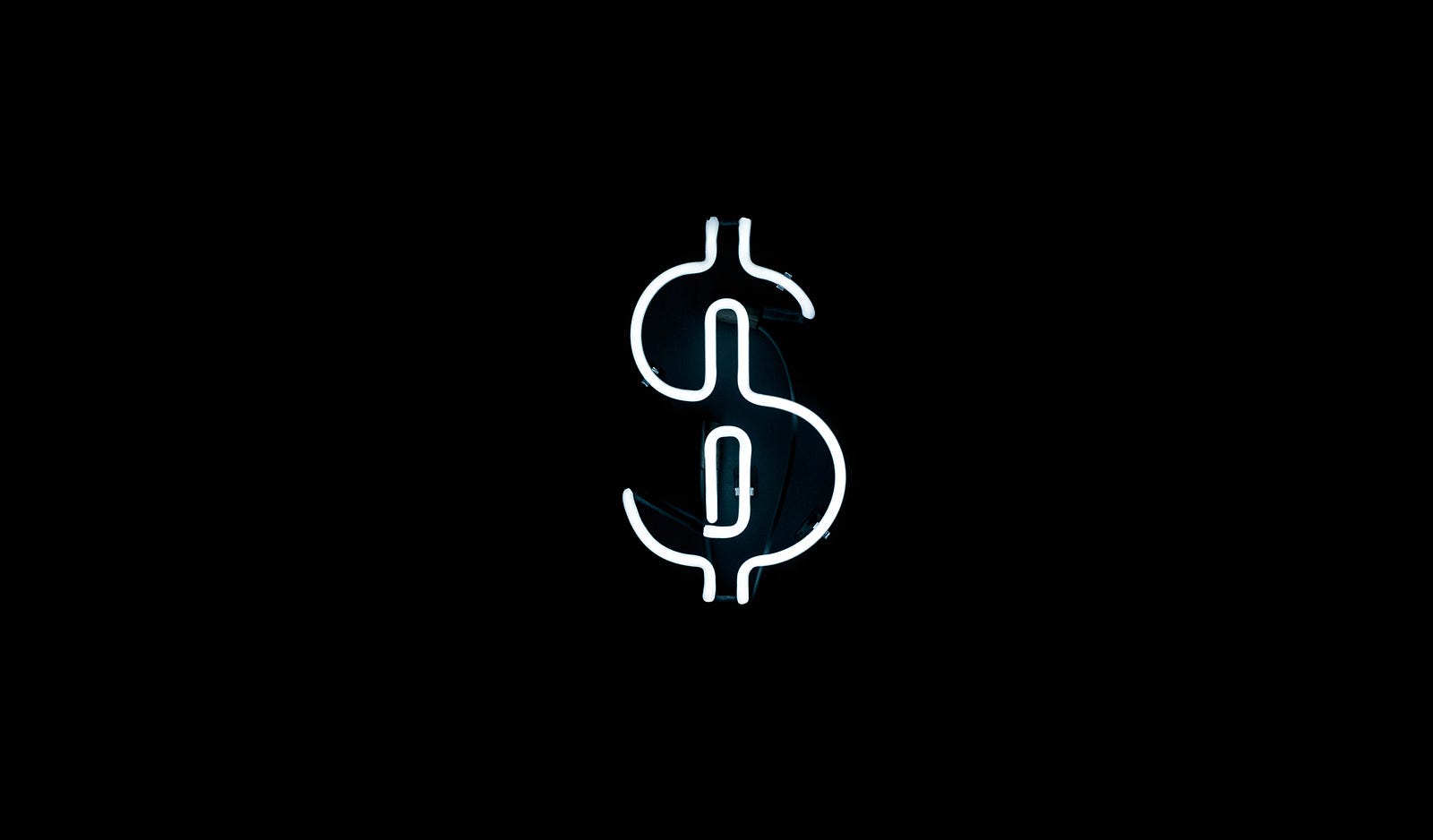Government-Backed Digital Currencies Will Eventually Replace Bitcoin

In a May 2018 interview, Tim Draper said that he thinks Bitcoin will replace fiat currency because BTC will be easier to use in the future. Can we totally replace fiat currency with digital currency as opposed to making a pit stop at technology like Apple Pay?
Bigger questions still loom:
Will governments also find digital currency easier to use and replace fiat currency with crypto?
Then two EVEN BIGGER questions remain:
1) What would an influx of government-backed digital currencies do for the cryptomarket, and
2) What kind of effect would a switch to digital currency have on the overall financial system?
There is currently 80 Trillion dollars worth of Fiat Currency in circulation (US dollar, Yen, etc.) Draper believes cryptocurrency will surpass that market — with crypto growing beyond 100 trillion. When that happens, Draper also predicts that fiat will go from 80 trillion to 30 trillion. People will demand a currency that is more flexible and secure.
Bitcoin or a P2P payment system like BTC makes the most sense given this consumer demand.
Is virtual currency the obvious next step for governments to use instead of Fiat Currency?

Of course, this won’t happen overnight. Draper predicts about 10–15 more years for the cryptocurrency market to reach 100 trillion. Is this prediction even plausible? Can cryptocurrencies grow nearly 250 times the current market value to become stronger than fiat currency based purely on ease of use?
Something that may stop cryptocurrency from reaching that height is the government. If government begin to develop cryptocurrencies to replace fiat-backed currency, then this would leave the entire cryptocurrency market in an uncertain state.
The scenario does leave a very futuristic, perhaps overly optimisti coutlook for some investors. However, with 4 states passing legislation to allow residents to pay for taxes using virtual currency, a government-backed crypto fiat replacement may not be too far away.
Beyond the United States, other world governments are beginning to embrace this concept.
Interested in writing about Cryptocurrency? Check out my latest video post on how you can get started.
Fiat Currencies Being Replaced Across the World
An MIT article explained how the number of cash transaction had gone down15% from 2016–2017. This is even less staggering than the 40% drop in fiat-currency transactions since 2010. This makes Draper’s point from earlier even stronger: people are moving away from fiat currency.
More to Draper’s defense, the MIT article explained that central banks of countries like Sweden are considering the adoption of digital currency.Central banks of Singapore ,as well as Canada, are also testing prototype distributed ledger technologies.
As reported by Bloomberg, Brazil, India, China, and five former Soviet Republics are looking to band together to create a supra-cryptocurrency that can be used by 40% of the world’s population.
Even countries that have been known to take an unwelcoming stance against Bitcoin like China have tested digital currency as a payment system through transactions with some of the national banks.
These countries economies are massive in scale, so it may take some time before governments replace fiat with digital currency. Yet, the wait may not be too much longer in smaller, more developing economies.
This systematic replacement may become more popular in places like Venezuela that have an unstable, over-inflated national currency. Venezuelan President Nicolas Maduro backs each Petro with one barrel of oil, which is the leading export for the South American country. The over-inflation problem in Venezuela is so bad right now that people are no longer counting money, but rather weighing it on scales. The government of the country recognized the drastic need for change.
Maybe other countries will follow similar trends?
Even on a more localized level, city, county and state governments in the USA have taken a stance on adopting digital currency. Look at the Louisiana mayor who announced he would explore how to use digital currency in local infrastructure. Mayor Robideau made the announcement during his yearly address to the city of Lafayette.
Mayors and other government officials in the Lafayette area also speak to the potential of using digital currency for expenses such as public works. Those Louisiana government officials also believe that this size of a fintech upgrade would allow citizens to gain access to funding they wouldn’t have otherwise had access to. Mayor Robideau seeks to open a blockchain development lab in the near future.
Similarly, the mayor of Berkley, California is working with UC Berkley to develop a localized payment program that would support local transactions within the community. More updates for that should be coming later this summer.
What does this mean for the future Power of the USD?
If enough countries begin developing their own digital currency, it is almost like a way of bypassing the present system. Currently, almost 65% of central bank foreign exchange reserves are held in the US Dollar. Would a shift to digital currency bypass this?
There is no doubt that digital currencies are shaking up our world. Although many speculate, no one actually knows what Bitcoin and digital currencies impact on our world will be.
Không có nhận xét nào:
Đăng nhận xét